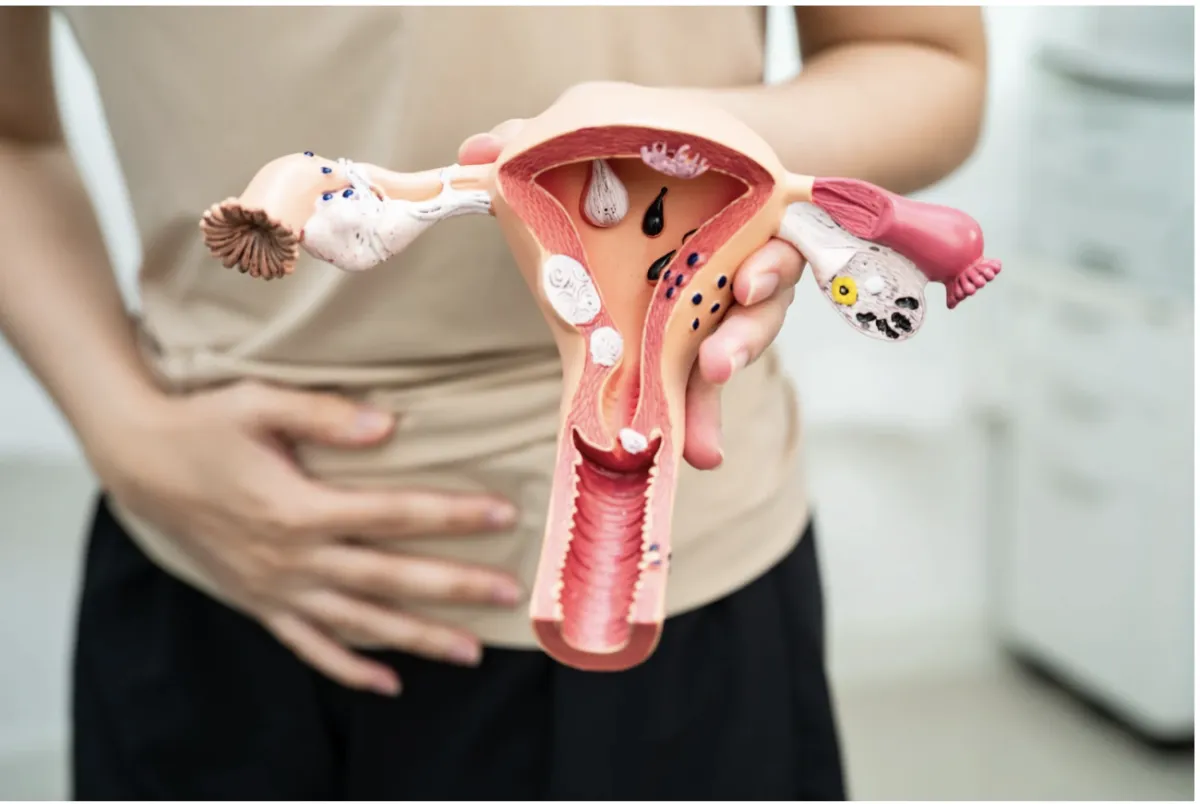Feel Like Yourself Again—Naturally
Support for Fibroids, Perimenopause
and Menopause
I help women reclaim balance and feel better using a unique blend of integrative and Eastern medicine. Gentle, holistic care. Real results.

Doctor of Eastern Medicine & New York State Licensed Acupuncturist
Do you experience any of the following?
If so, you don't have to suffer.
Help is available.
Low Energy
Hot Flashes
Brain Fog
Anxiety
Difficulty Sleeping
Depression
Heavy Periods
Weight Management Issues
Joint Pain
Irritability
Decreased Hair & Bone Health
Urination Issues
Accelerated negative signs of aging
Mood Fluctuations
Click Below To Gain Control Of Your Health:




Benefits Of Dr. Danett's Programs & Services Include:
What You
Will Receive:

Balanced Hormones
The motherboard of all the other systems in the body.

Emotional Wellbeing
Decreasing the negative effects of stress and feeling good

Increased Energy
Having enough energy is essential for wellness of all your body systems.
Compassionate Care
Over 25 Years of Clinical Experience
Proven Ancient Wisdom & Cutting Edge Methods
Integrative Medicine Approach
Testimonials

FOLLOW US
CUSTOMER CARE
Copyright 2025. Danett Bean Acupuncture PC. All Rights Reserved.